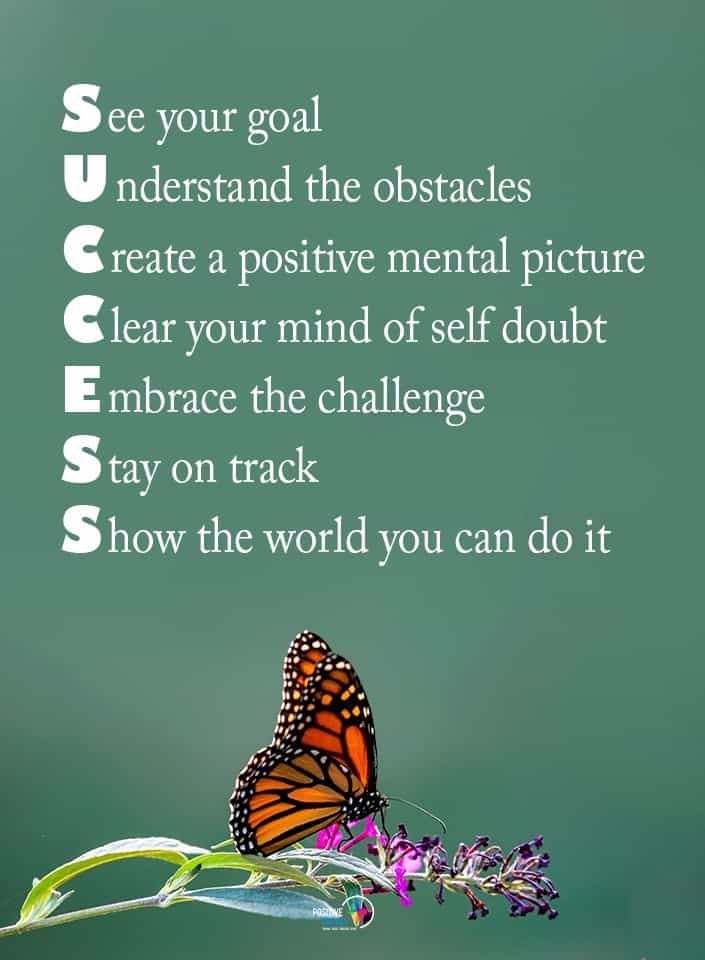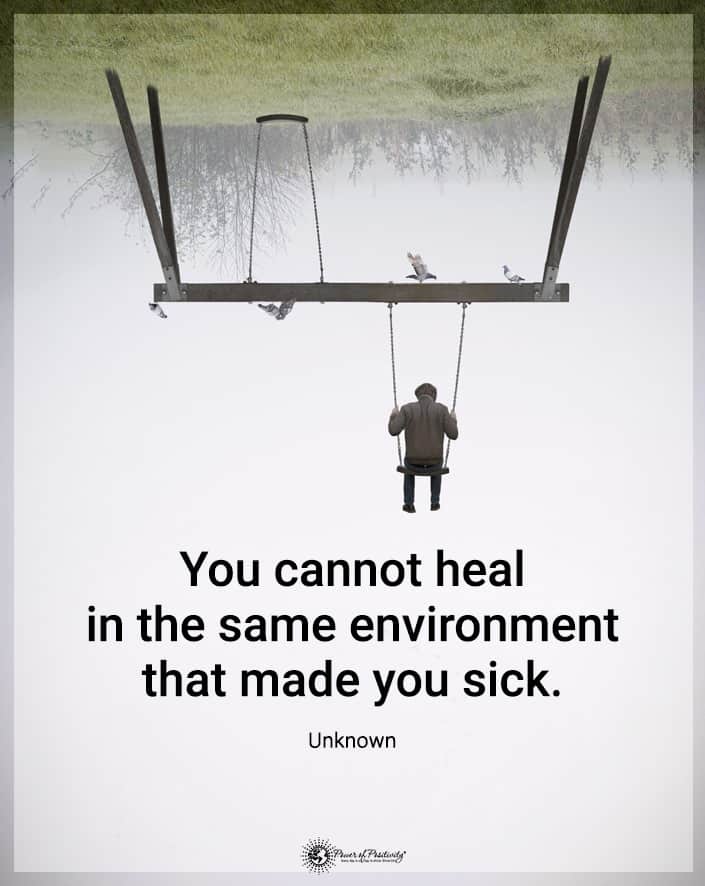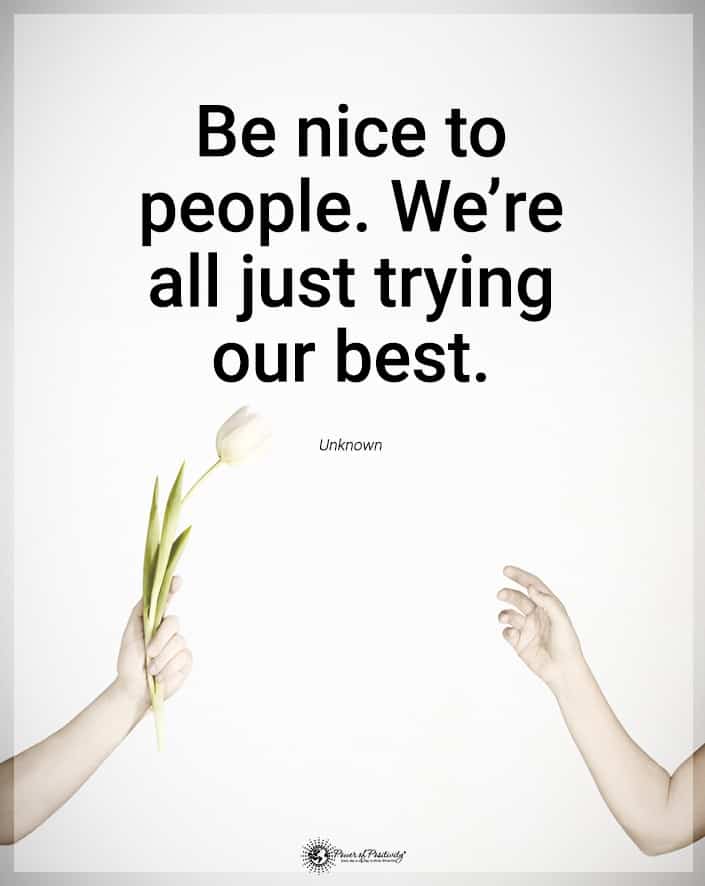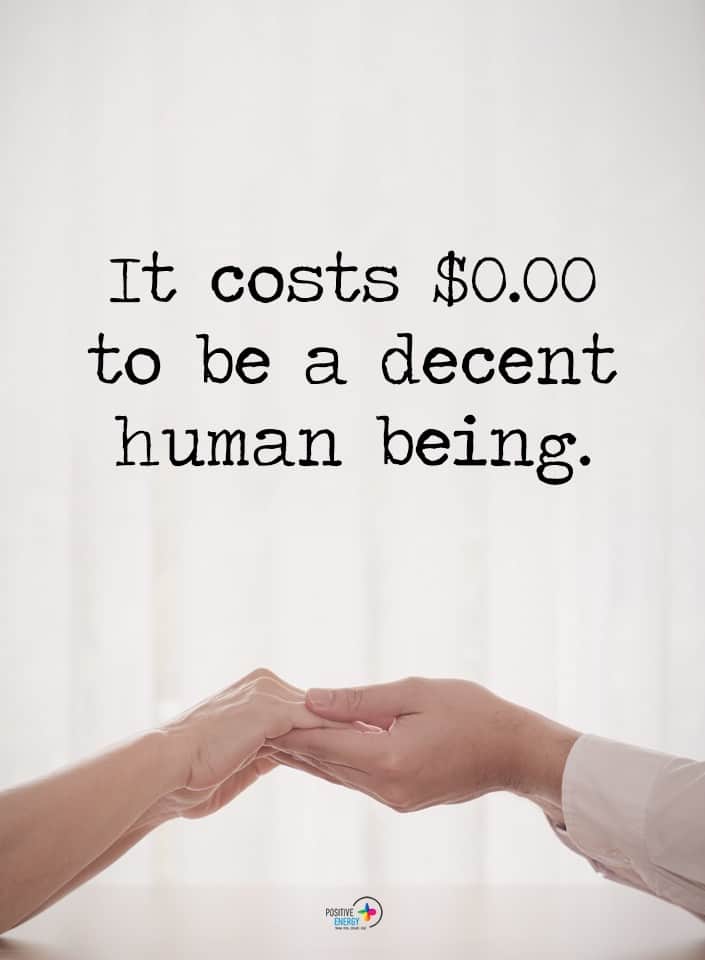Have you ever expended time and effort on something that wasn’t worth it in the end? Doesn’t it suck to pour so much into something that never comes to fruition or ends up harming you?
Well, heads up! There are many kinds of things that you may be doing that are just like that. Worse yet, these scenarios impact your future and the life you have ahead of you. Here are three things in life that aren’t worth the effort. We also offer advice on how to be more efficient so you’ll have time to spend on those things that do matter.
3 Things That Aren’t Worth The Effort
Do these things sound like you?
1. Staying In Unhappy Situations
 Many people stay in situations where they are unhappy or unfulfilled because they’ve already done so much to be in that situation in the first place. If you’re one of these people, you may be a victim of a mindset known as the sunk cost effect.
Many people stay in situations where they are unhappy or unfulfilled because they’ve already done so much to be in that situation in the first place. If you’re one of these people, you may be a victim of a mindset known as the sunk cost effect.
This effect states that you are likely to stick in negative or difficult situations when you feel you have invested a lot of time, money, or effort into it, as you hope for a positive outcome and don’t want your effort to go to waste. The whole point of the sunk cost effect is that it is a fallacy in nature. You should not feel bound to your past decisions just because of how you’ve worked on them. It would be best to use that information to learn, grow, and move on, not stay stagnant.
There is also another reason you may be staying in an unhappy situation: because you feel like you have to. It’s what is expected, or it’s the norm, so you don’t want to rock the boat. Regardless of which situation you resonate with, the bottom line is that neither of them is worth it.
Here are some examples of ways you may be staying in unhappy situations:
- You may be choosing to get a college degree simply because it’s an expectation placed upon you. While education can be positive, academia isn’t for everyone, and it’s fair to find an alternative way to progress in life – or even just a different form of education.
- You may stay in bad jobs for an extended period, even if you hate them because you feel like it’s the easiest option. There is no real benefit to long-term toiling like this. Even if you can’t quit right away, making plans and attending new interviews will help create long-term, sustainable ways to move forward.
- You may remain in unhappy relationships because it’s convenient, you don’t want to be alone, and you’re comfortable with the routine. At the end of the day, you will regret staying in a situation like this; you can choose to work on the relationship or call it quits.
2. Mistreating Your Body For The Sake Of Enjoyment
People do all sorts of things to their bodies because they think they’re too young to deal with any problems relating to it or that it isn’t as bad as it seems. Unfortunately, it is that bad, and the effects add up over time. It’s not worth the effort or even the fun you have in the process to damage your body this way. This includes:
- Eating a lot of junk food
- Getting drunk all the time
- Doing hard drugs
- Not getting enough sleep
- Avoiding medical check-ups
Do note that we’re not asking you to be a killjoy or never to have fun! The trick lies in moderation. Remember, mistreating your body isn’t worth the effort, but treating it well while making room for some fun is acceptable.
3. Holding Onto The Past
A lot of people are stuck in the past. The emotions, energies, and experiences that you have relating to the past are valid, but they’re not ones meant to be clung to. When you live in the past, you trap yourself and give up years and years of your life to focusing on things long gone. Here are some things you may be doing to live in the past:
· Fearing Change
Change is inevitable. Denying that fact is an act of clinging to the past, whether you want to believe it or not! It’s normal to be afraid of change, but that doesn’t mean you can’t confront it. Resisting change isn’t worth the effort because it’s a pointless activity that will never work. Things will change whether you want them to or not, and the best you can do for yourself is to get comfortable with that idea!
· Holding Grudges
There is no point in using your energy for resentment. If you were wronged, your anger is justified, but it’s also holding you back. Studies have found that resentment is bad for your wellbeing and positive thinking. At some point, you have to understand that finding the capacity to forgive is a much more worthwhile use of your time, and it helps you find peace, so your efforts don’t remain wasted. In some cases, you can salvage that relationship. In others, the act of letting go is exclusively for your benefit and not one you’d share with the person who hurt you.
· Trying To Get Back To An Old You
Many people who fall into slumps develop a desire to go back to an old version of themselves. If you’re one of those people who want to get back to who you once were, know that you’re wasting your effort on this endeavor. You fail to realize that the person you are now is already better than “old you.” You have more knowledge and more growth. What you should be aiming for is to become the best version of the person you are now. That’s worth the effort!
If you genuinely want to overcome your past, learn from it. Pick out the lessons and address the root causes of the difficulties you faced, then move on with your life with those lessons.
 Make an Effort to Spend Time on the Things That Matter
Make an Effort to Spend Time on the Things That Matter
Instead of dwelling on those negative situations, give your effort to the things that make a positive impact on your life. These tips will help you spend your time wisely.
1. Make Big, Long-Term Goals
A daily to-do list is a fair enough method to stay efficient, but that’s very short-term and not the kind of thing you need if you want to go the distance. What you need, instead, is a plan for the future. Where do you want to be a few years down the line? What is your end goal?
Efficiency can’t happen if you don’t know what you’re striving towards. You should be taking daily steps to get closer and closer to your goals if you want to be efficient truly, and you can’t do that without a good plan.
People often estimate how powerful goal-setting can be. Studies have long shown the positive effects of reasonable goals. Remember to make your goals wisely! They should be:
· Easy To Measure
How will you keep track of your progress? How can you ensure that you’re making the proper steps and getting to the right places?
· Timed
Set time limits for your goals and break them down further. To achieve your big long-term goal, you should accomplish a certain step in a month, another in six months, another in a year, and so on.
· Clear and Well-Defined
Your goals should have self-evident, specific definitions that allow you to gain clear motivation and direction from them. Vague goals will only leave you confused and give you room for slacking off.
· Reasonable
Set challenging goals, not impossible ones. Too easy, and you’ll lose interest. Too hard, and you’ll feel discouraged.
· True To Your Desires
Are your goals serving your long-term purpose? Is this what you truly want? Is it relevant to your life and self?1
2. Make an Effort to Give Yourself Some Good “Me-Time.”
Me-time is good for you for several reasons, all of which help your efficiency levels. First off, it gives you time to get in touch with yourself. When you know yourself better, you’ll make wiser decisions for your betterment and have an improved idea of carrying out your everyday life best.
Secondly, me-time lets you recharge your energy. It ensures sufficient recuperation, so you’ll be energized when you get back to your usual daily hustle and grind. If you’re not well-rested, you won’t be able to do all the things you want to do or make progress in many areas of your life. Here are some additional things to keep in mind for getting good me-time:
· Say No
Saying no to others can be difficult, but you don’t want to stretch yourself too thin. It would be best if you learned to put up boundaries and turn people down, even when it’s difficult. Choose how you spend your time and what commitments you make wisely. Don’t freely donate your time to anyone and everyone!
· Rest Often
There’s an incorrect belief out there that rest equals a lack of productivity. Reality is actually to the contrary. Working a lot with insufficient rest will burn you out, leading to decreased quality, worsened performance, and a significant lack of efficiency. On the other hand, committing to rests and downtime has an overwhelmingly positive effect on efficiency and productivity, often to surprising amounts! So let yourself rest and give yourself a break.
· Don’t Compromise On Set Me-Time
There should be a minimum amount of time that you must have to yourself, no matter what. It’s a boundary both for others and for yourself. You must get a specific amount of rest like this per week, and don’t compromise on that. Nothing, barring truly extenuating circumstances, should encroach on that.
3. Don’t Stop Learning
Learning doesn’t stop just because you’re older and out of school. There are always new things to discover, and there is always other knowledge to collect. Repeatedly broadening your horizons isn’t just incredibly worth the effort. Still, it also helps you focus your energy on productivity instead of things that aren’t good for your time or effort.
It’s important to continue finding new areas of knowledge to expand your mind into. This way, your free time is used efficiently, and you continue to build lifelong, useful skills. Here are some ideas for ways to keep learning:
- Take a class for a new skill.
- Find a mentor for a current skill.
- Read, whether non-fiction or fiction.
- Travel and immerse yourself in other cultures
- Try a new hobby
- Learn a language
- Learn to play a musical instrument
- Teach yourself something crafty
- Do puzzles and games.
- Surround yourself with intelligent people
 Final Thoughts on Some Things in Life That Aren’t Worth the Effort
Final Thoughts on Some Things in Life That Aren’t Worth the Effort
No one wants to waste their effort on things that aren’t worth it, so take heed! Avoid doing things that only take up your energy and focus on becoming more efficient, productive, and grounded with positive thinking.
















